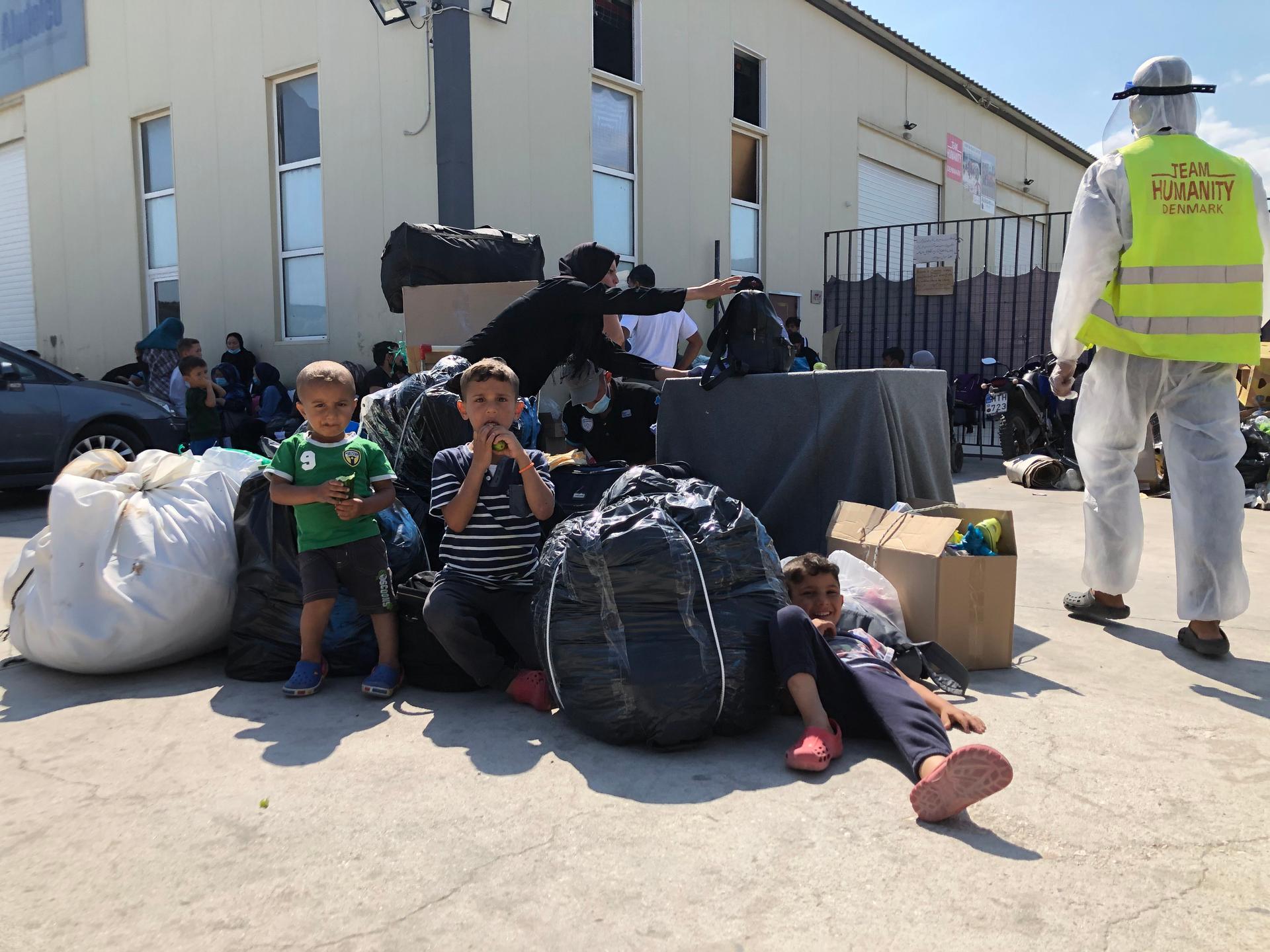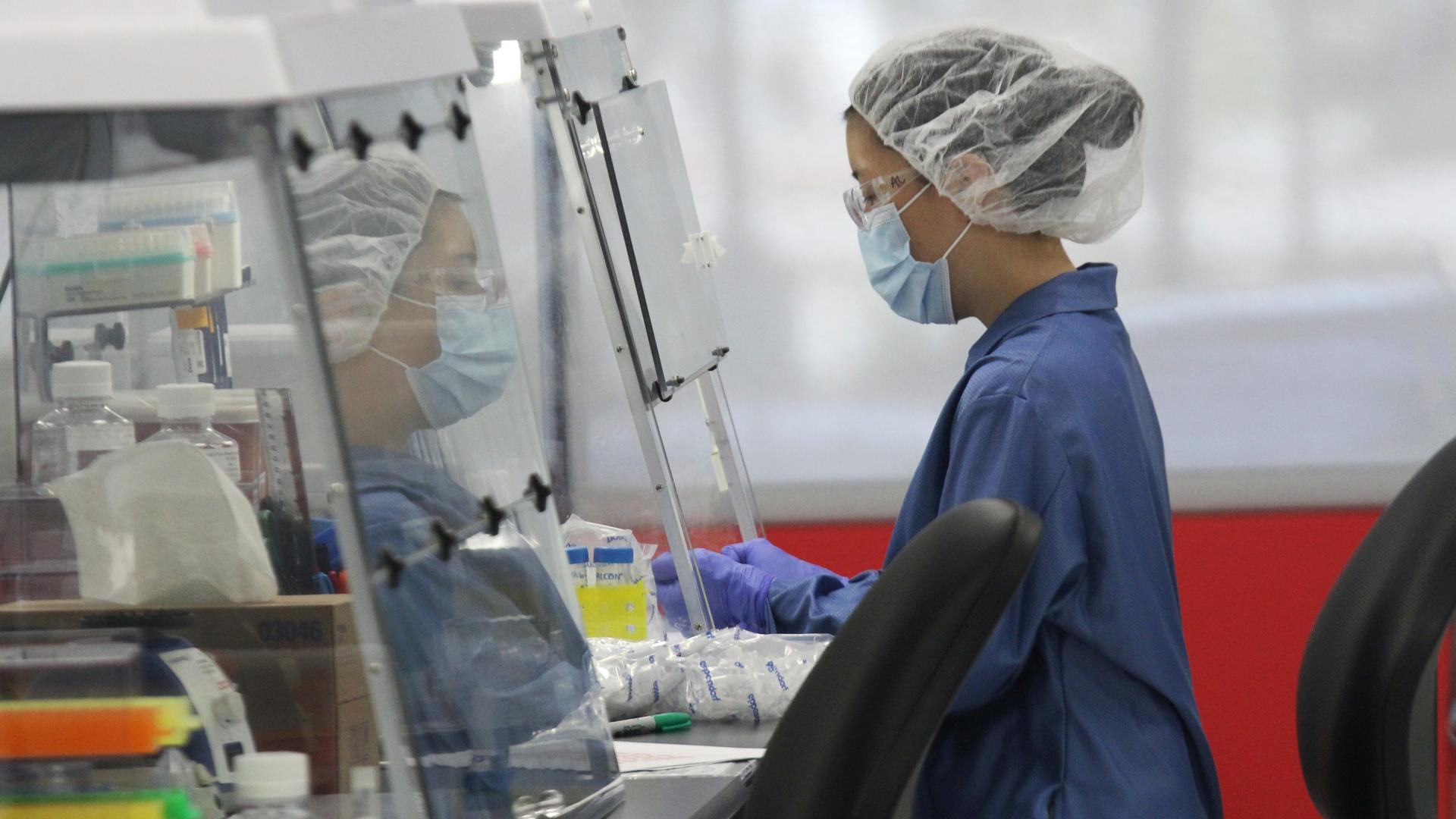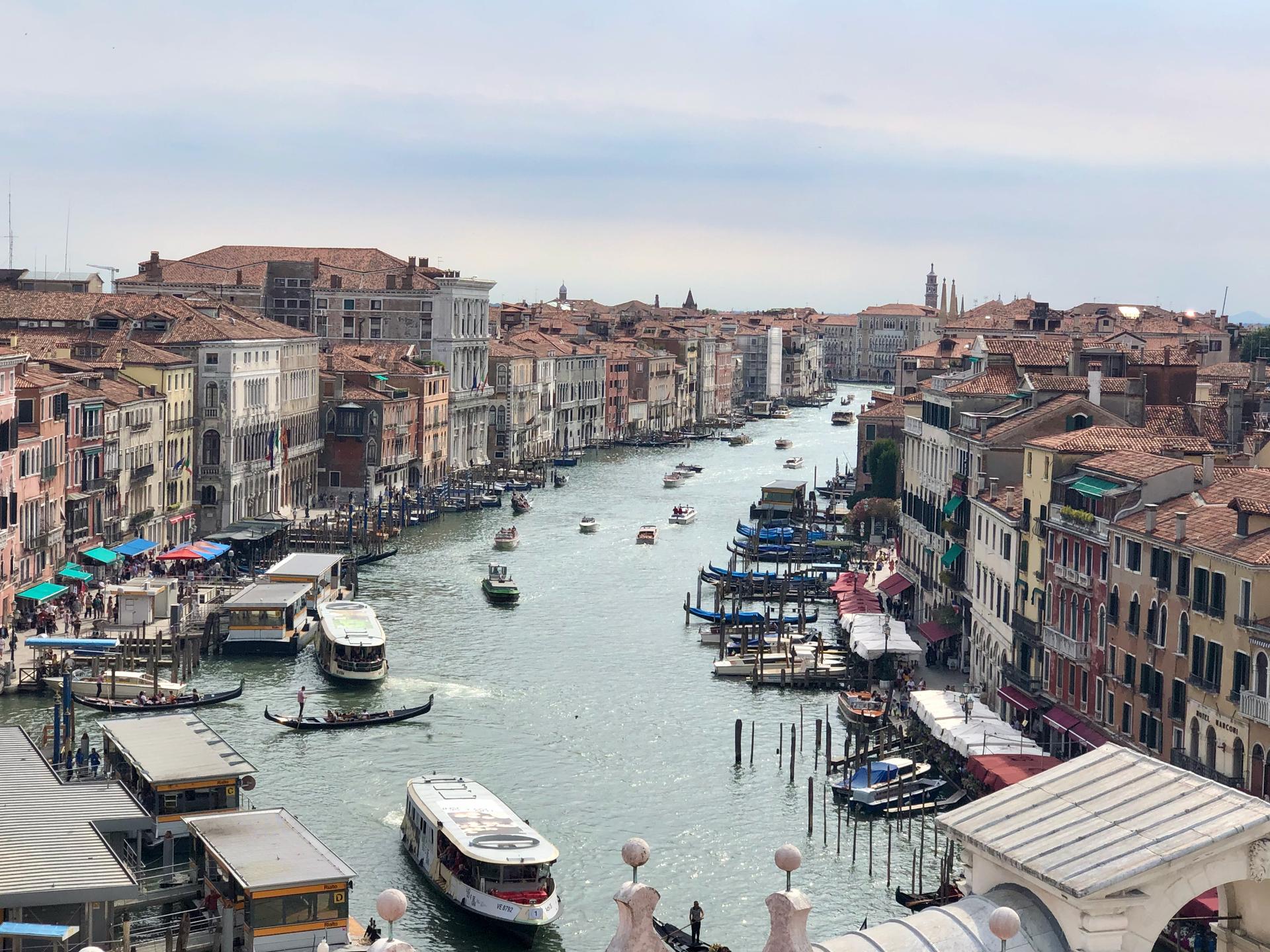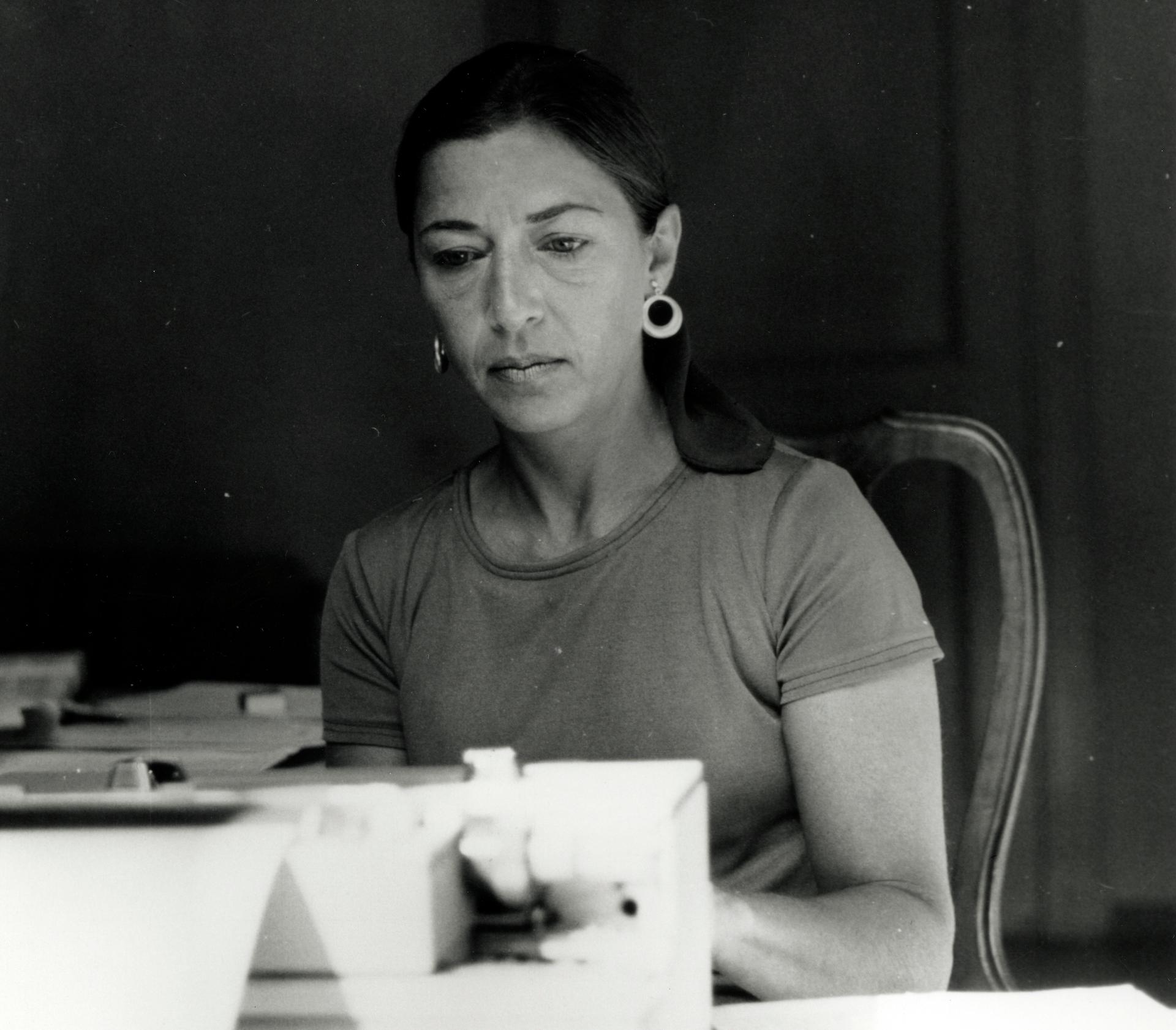#UNGA75 goes virtual with big challenges; China expands Tibet labor program; Australian whales get beached
The United Nations headquarters is seen during the 75th annual UN General Assembly high-level debate, which is being held mostly virtually due to the pandemic, in New York, US, Sept. 21, 2020.
Top of The World — our morning news roundup written by editors at The World. Subscribe here.
Annual addresses by world leaders at the United Nations General Assembly kick off Tuesday, a day after the world body commemorated its 75th year. But the proceedings are taking place virtually, with only one or two masked and socially distant delegates from each nation physically present at the New York headquarters.
The new president of the General Assembly, Turkey’s Volkan Bozkir, honored the organization’s commitment to multilateralism on Monday, saying that a global bond compels countries of all sizes to work with one another. A statement adopted unanimously by the delegates declared that the UN was born of World War II horrors and that no other organization has the same “legitimacy, convening power and normative impact.”
But massive challenges face the 193-member UN, with the coronavirus pandemic hobbling cooperative efforts. Besides the public health emergency of the pandemic, the world is facing the widespread rise of nationalism, as well as an ongoing trade war and escalating tensions between the US and China. And the climate crisis confronts a planet whose societies struggle to work in unison to solve perhaps the biggest problem ever faced.
The high-level meetings start on Tuesday and include pre-recorded video speeches by US President Donald Trump, Chinese President Xi Jinping, Russian President Vladimir Putin and French President Emmanuel Macron. This year, the most-ever heads of state and government leaders — 170 — will deliver remarks broadcast online. But without the massive Manhattan gathering of diplomats, the in-person audience and the lower-level discussions that normally take place in the UN hallways will be limited.
What The World is following
China has significantly expanded its mass labor program in the Tibet region, forcing agricultural laborers into training centers where they are instructed how to be factory workers. The program replicates widely condemned techniques used in Xinjiang that human rights groups have labeled as coercive. A Reuters exclusive details how Beijing has set quotas for the number of Tibetan people trained in the project, many of whom go on to work in garment manufacturing and the construction industry.
Almost 100 whales have died off the coast of Tasmania, and dozens more are at risk of perishing, Australian rescuers have said. Twenty-five of the pilot whales were saved Tuesday, escorted back into deeper waters from the shallow seas where they had become stranded. The whale beachings took place on a sandbar relatively inaccessible to wildlife biologists.
From The World
Migrants displaced by Lesbos fire say conditions at new camp are inhumane

Greek authorities have moved almost all of the 12,000 displaced migrants and refugees on Lesbos island into a new camp after the Moria camp where they were living was destroyed by fire.
The World reporter Lydia Emmanouilidou spoke to Nazanin, a 14-year old Afghan asylum-seeker who said conditions inside the new camp are poor. There are too few bathrooms and not enough pumps with running water for the thousands already inside the camp. Garbage was already starting to pile up due to a lack of adequate garbage bins and trash cans.
“It’s very crowded,” Nazanin said, adding that two families were being housed in each tent, regardless of the number of family members.
Atul Gawande: With right ‘political environment,’ US can control the coronavirus

While some advanced economies in Europe and the Americas are struggling mightily with COVID-19, a few notable industrialized societies could provide a roadmap for the US to improve its capacity to manage the pandemic, says Dr. Atul Gawande.
“What South Korea did was not just work on approving tests,” he said. “They also worked on making it easy to stand up testing collection sites and connect them to the labs that had capacity. In Korea, they have 600 free testing sites for a population size of Florida and Texas. And then they connect them to laboratories … it’s like the electricity system we have. The national grid is such that with electricity, we don’t have blackouts in one city while other cities have excess electricity. We have connections that allow it to be distributed.”
Podcast
Italy is caught in the middle of the EU’s tussle with its ‘systemic rival,’ China

Italian populists — skeptical of the value of EU membership — drove Italy to become the first G7 country to join China’s Belt and Road Initiative. Then the pandemic brought generous EU aid, leaving Italy to reassess who its real friends are and how best to help its economy.
This essay is part of “On China’s New Silk Road,” a podcast by the Global Reporting Centre that tracks China’s global ambitions. Over nine episodes, Mary Kay Magistad, former China correspondent for The World, partners with local journalists on five continents to uncover the effects of the most sweeping global infrastructure initiative in history.
Bright spot
With families largely barred from spending time in the hospital to support relatives suffering from the coronavirus, a one-eyed emotional support dog called Harley has been comforting many patients in Mexico’s capital for months. Now Harley’s hero status has risen further, with the Institute for Social Security and Services for State Workers making him the star of a new comic strip.
In case you missed it
Listen: How Sweden influenced Justice Ruth Bader Ginsburg’s worldview

In the early 1960s, long before she was a Supreme Court justice, Ruth Bader Ginsburg traveled to Sweden to research a book project with legal scholar Anders Bruzelius. Her time there shaped her views on equality and the law. Also, surgeon and author Dr. Atul Gawande says nations such as South Korea have implemented successful COVID-19 testing and safety procedures that the US could easily emulate. And, in a stunning climax to the Tour de France, a 22-year-old cyclist beat his older countryman and became the first Slovenian to win cycling’s most prestigious race.
Don’t forget to subscribe to The World’s Latest Edition podcast using your favorite podcast player: RadioPublic, Apple Podcasts, Stitcher, Soundcloud, RSS.
Our coverage reaches millions each week, but only a small fraction of listeners contribute to sustain our program. We still need 224 more people to donate $100 or $10/monthly to unlock our $67,000 match. Will you help us get there today?
